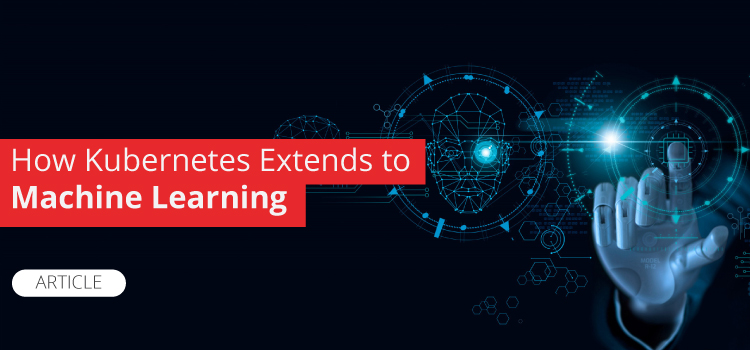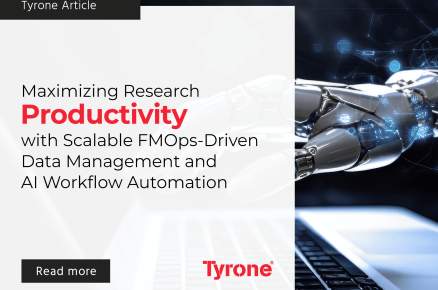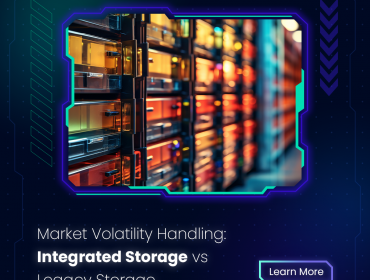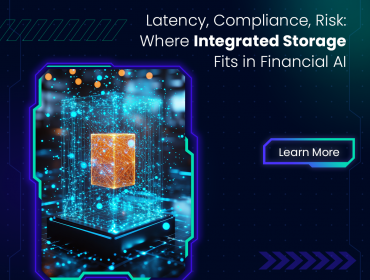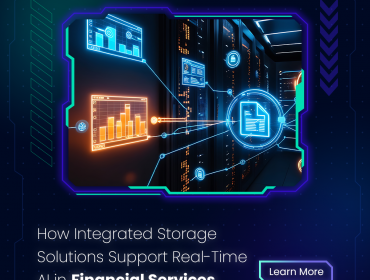In 2.5 years of study conducted by Massachusetts Institute of Technology called the “Work of the Future” refers to an important anecdote which is that while it is expected that automation will take over our lives and businesses in the near future, there is still time to merge both human intellect and transition to intelligent machines in itself smooth. The pandemic-led disruption has created an urgency to adopt technology in various facets of lives as well as in different industries ranging from Hardware, Software, Energy, Manufacturing, and Financial Services.
Technology has surpassed analytics and the support function is now in the phase which learns and adapts to the data fed to the machine and is making decisions and thousands of calculations with minimum human interference. The practical applications of machine learning drive businesses which largely affect a company’s profit margin.
However, machine learning requires a structure and proper flow of resources to compute and get relevant analysis in the designated time, this in return can drain the system. In such cases, a possible solution is to bring in open-source containerization technology, Kubernetes.
According to a website betterprogramming.pub Kubernetes- coordinates and adjusts all the different ‘instruments and sections’ that make up a computer application sitting on a server. This is so it can respond to multiple users in a timely and efficient manner — even as demand fluctuates for different parts of an application.
The above explanation clearly demonstrates the importance of Kubernetes in the process of supporting and enhancing machine learning. Below are four different ways that Kubernetes facilitates machine learning:
- Multiple compatible capabilities that can match ML: Kubernetes provides the flexibility of cloud and apt infrastructure to machine learning, with its many capabilities. According to an article by Information Age, there are five such capabilities such as scalability, GPU support, multi-tenancy, data management, and infrastructure abstraction. Tools like these make use of the speed of GPUs that can segmentalize the workflow while enabling ML. Containerization of Kubernetes helps in applying infrastructure ideas, access resources and allows the scientists to analyze the vast data that they need by using machine learning. Additionally, Kubernetes come with a ‘namespaces’ feature that activates one single cluster and further partitions into different virtual clusters and gives one-point access to vast resources and enables teams by providing them the exact cloud-based storage while reducing complications.
- Accelerating innovation: Combining Kubernetes and ML can lead to further improvement in overall intelligence. The major reason that AI and ML have been progressing, is because of the contribution of open-source software such as Kubernetes. This has made data analysis and data science more organized, efficient, and accurate. More such innovation in open-ended software will broaden the horizon of AI and Machine Learning.
- Securing and enhancing the overall workflows: Machine learning is an intense and time-consuming activity whether it’s building the model, installing it, or executing it in a proper environment. Kubernetes helps in combating these challenges by channeling the workflow and with a properly scalable platform, data scientists can then get access to GPUs and CPUs that increases when the computation requires a push of activity and reduces when it’s finished. These workflow containers also help the IT in monitoring and governing the workflow easily.
- Emergence of MLops: Kubernetes enables ML, Containerization of Kubernetes has been a proven tool to facilitate minute services in a company, which makes it a vital technological tool to deploy ML-related models on a big scale. The complexities in the operations teams are quite high, Kubernetes can segmentalize and monitor all the ML models in this function easily. It allows MLops and advance versions of DevOps, a tool widely used by Operations teams to further access the integration and easily continue the deployment process of ML. Additionally, it improves the efficiency in maintaining large-scale AI systems.
Thus, Kubernetes is essential in the growth of ML in the future. It can help data scientists, enable thousands of versions of many ML models by utilizing tools like MLops and by scaling up the deployment process of ML networks.
Netweb Managed Kubernetes services remotely monitors, optimizes, and troubleshoots your Kubernetes clusters and its underlying infrastructure. We provide automatic security patches, proactive monitoring, upgrades etc. which enables you to run production-grade Kubernetes from anywhere.
For more information: https://netwebcsp.com/netweb-cloud-kubernetes-service/


